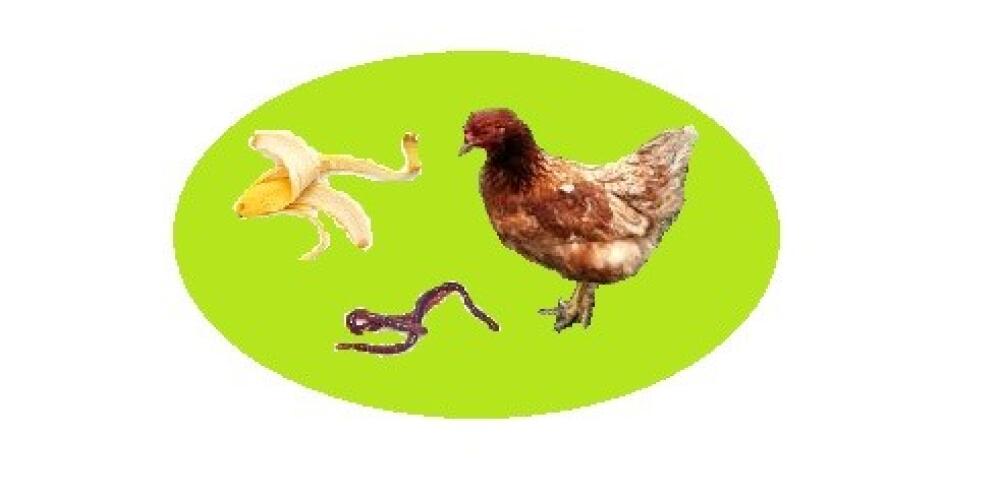
In order to live, we have to eat. A food table is the centre of a family gathering. Moreover, the family is the basic unit of society. Love among its members is a fundamental link that connects family, but other connections such as interest, especially economic interest, and fear are also important.
Community life is easier because it enables individuals to pursue different things. It also enables individuals better to protect themselves from dangers coming from the outside.
For the mentioned benefits, an individual must sacrifice a certain amount of freedom. However, it is easier to bear this sacrifice when the love connection between its members is stronger.
After the first urban communities were established, particular functions reserved only for a family at the time, have been transferred to the urban community. Urban communities provided a division of work on a much more significant level. This led to an increase in production efficiency and safety, but also to decrease in self-sustainability of the family. On the one hand, cities became dependant on villages since villages were producing food. On the other hand, villages gave up security concerns and productions of complex craft products, which were taken over by cities and their population.
Two basic needs of every household are food and energy. Throughout history, food and energy were always produced in the village, while rulers, soldiers and artisans lived in the city. With the arrival of industrial civilisation, more energy was being produced outside the village, while food was being produced industrially. Furthermore, more people decided to live in the cities. As a result, enormous food losses occurred on the way from the field to the city table.
In the village, people know how to use everything they produce. However, in the cities, most of the produced food goes to waste. Food waste is a major communal and health problem as it overflows landfills and clogs sewage system, which then enables rats to survive in city centres.
About 70 per cent of the waste is of organic origin. Organic wastes in landfills decompose into methane, while organic fats clog the pipes both in homes and in the sewage system.
Nowadays, many individuals who live in cities are trying to produce their own food while reducing the amount of waste generated in the household. Any such effort reduces a household's economic dependence on the external environment, but the educational system does not usually teach children how to live in an economically sustainable way.
People who live in the biggest cities grow their vegetables and even keep bees on rooftops of buildings. People who live in villages use food waste to feed chickens, pigs and other animals. This can be done in cities as well. It is merely enough to have a small terrace, balcony, lodge or small lawn where you can put a regular barrel that can as a chicken coop.
I managed to build this chicken coop from waste material in just one day. When I put chickens in it, they were a little frightened in the beginning, but they started foraging very quickly. The chicken coop allows poultry farming and in this way, chickens can be fed mostly by kitchen waste, and in a smaller dosage by corn shale. What chickens do not eat is excellent food for earthworms that are placed in a barrel beneath chickens.
In order for earthworms to stay alive, they need to have enough air, which circulates through the perforated pipe in the centre of a barrel, placed vertically to the bottom. In addition, they must have enough moisture and organic waste that serves as food. At night earthworms come out on the surface and chickens can eat them early in the morning. The result of such processing of kitchen waste with the help of chickens and earthworms is the production of eggs and humus, which can can be taken out and further used.
To allow the earthworms to reach the surface, it is necessary to water the waste every 2-3 days. If not watered properly, the surface will crust, and the earthworms will not be able to penetrate through the waste and make small canals for the air to enter inside the mass. That would result in the death of earthworms and a horrendous smell due to the anaerobic processes of decomposition. A long as the mass is regularly watered, not even a smell of chicken faeces can be recognized.
With the use of this type of barrels- chicken coops, the amount of waste in city landfills would be significantly reduced. Thus, the cost of utility services and food would also decrease. Contrary to that, the standard of city residents, who would be able to produce their food from waste, would increase. The only ones who would not benefit from this are a large industrial manufacturers and processors of industrial food as well as large department stores selling such processed food.
Tags
Featured articles